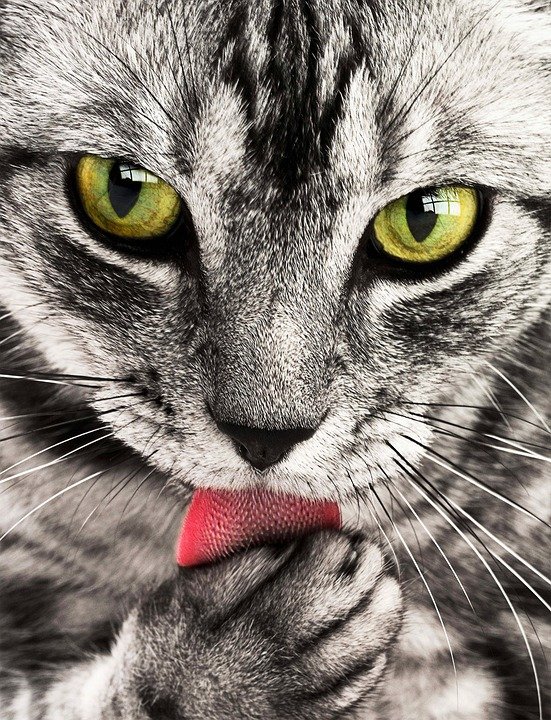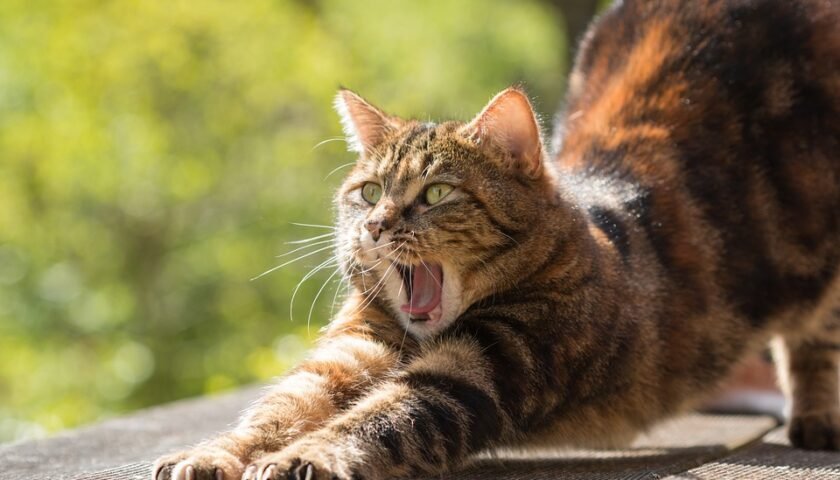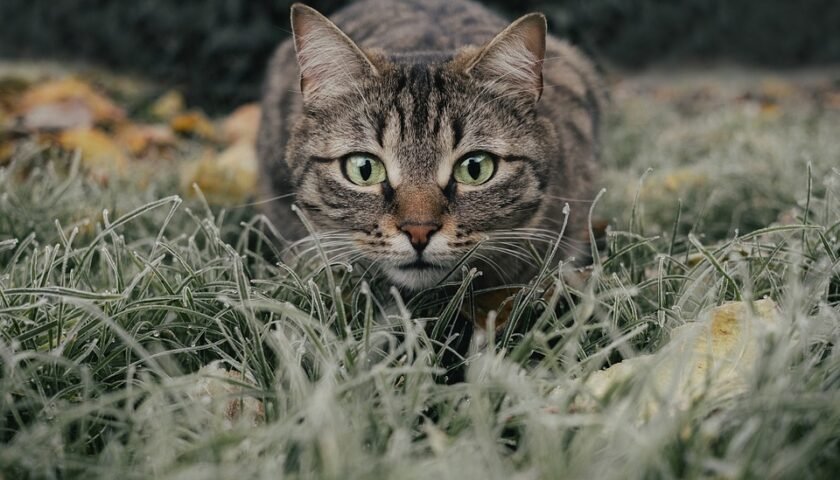[ad_1]
Caring for Senior Pets: Promoting Health, Happiness, and Longevity
As our beloved pets age, it becomes crucial to provide them with specialized care to ensure their health, happiness, and longevity. Senior pets require extra attention, as their bodies and needs change over time. By understanding and meeting their unique requirements, we can provide them with a comfortable and fulfilling life during their golden years.
One of the most important aspects of caring for senior pets is maintaining their overall health. Regular veterinary check-ups become even more essential as pets age. Senior pets should receive comprehensive examinations at least twice a year, allowing veterinarians to detect and address any health issues early on. These exams typically include bloodwork, dental evaluations, and screenings for common age-related ailments such as arthritis, diabetes, or kidney disease.
Additionally, it is vital to keep a close eye on your senior pets and be attentive to any changes in their behavior or appearance. Unexplained weight loss, decreased appetite, excessive thirst, or changes in mobility can be indicative of underlying health problems. By noticing and addressing these issues promptly, we can prevent them from escalating and ensure our pets receive the necessary treatments to maintain a good quality of life.
Just like humans, exercise is crucial for senior pets to stay physically and mentally fit. While their energy levels might not be the same as in their younger years, regular exercise tailored to their abilities is still important. Gentle walks, joint-friendly activities, and interactive play sessions can help maintain mobility, prevent muscle loss, alleviate stiffness, and support mental stimulation.
When it comes to nutrition, senior pets often benefit from a diet tailored to their changing needs. Specialized senior pet foods are designed to provide the right balance of nutrients to support their changing metabolism, promote joint health, and support cognitive function. If you have any concerns about your pet’s diet or feeding regimen, consulting with your veterinarian can help you make informed decisions regarding their nutritional needs.
In addition to physical health, a senior pet’s emotional well-being is equally important. Older pets may experience cognitive changes or memory loss, which can lead to anxiety or confusion. Providing them with a stable and predictable routine can help reduce stress and make them feel secure. Offering mental stimulation through puzzle toys, interactive games, and gentle training sessions can also help keep their minds sharp and engaged.
Another crucial aspect of caring for senior pets is making modifications to their environment. They may require easier access to their favorite spots, so ramps or steps can help them navigate high surfaces without straining themselves. Providing soft and supportive bedding will alleviate joint pain, and non-slip surfaces in slippery areas can help prevent injuries.
Lastly, and perhaps most importantly, senior pets need an abundance of love, affection, and companionship. Spending quality time with them, offering gentle grooming sessions, and ensuring they feel included and valued as part of the family can greatly contribute to their overall happiness. Older pets often thrive in a peaceful and calm environment, so creating a serene space free from loud noises or disruptive activities will greatly enhance their well-being.
Caring for senior pets requires commitment and compassion. By providing them with regular veterinary care, tailored exercise and nutrition, mental stimulation, environmental modifications, and lots of love, we can ensure their senior years are filled with health, happiness, and the joy they have brought into our lives.
[ad_2]




